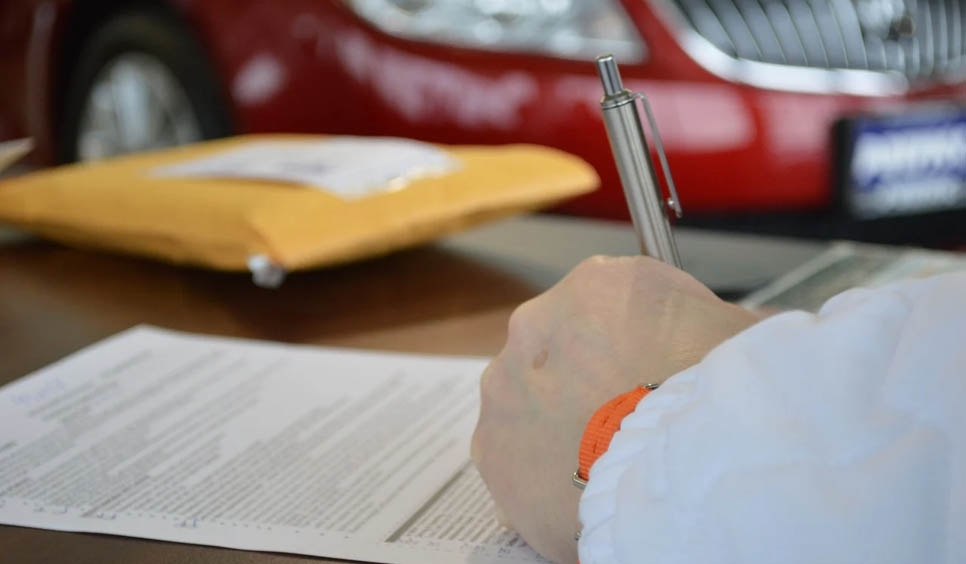
What you should know before cosigning a loan
Suppose a friend or family member asks you to co-sign their loan. Well, you should certainly take some time and give the request a thorough thought before you accept. Why? Because according to studies, almost 40% of co-signers end up either partially or entirely paying the loan they co-signed for when primary borrowers default. Thus, before putting pen to paper, be prepared to pay if the primary borrower defaults.
Here is what you should know before co-signing a loan.
Why People Need Co-signers for Credit
New borrowers can’t obtain loans due to a lack of credit history, age limitations, or first-time borrowing. Sometimes, it can be due to adverse credit scores, charge-offs, or delinquent payments for which they need credit card debt consolidation. In such circumstances, lenders usually advise their clients to look for someone with a robust positive credit history to co-sign.
The Effect of Co-signing on Credit Scores
When someone co-signs a loan, the debt appears on both credit reports. Therefore, the loan boosts the credit history of both the co-signer and primary borrower as long as the payments are made on time. However, if payments are not made on time, both the co-signer and the primary borrowers' credit scores will be at risk.
According to Bills.com and the law, a co-signer, has a contractual obligation to honor all the delinquent payments. Additionally, any credit counts open lines on the co-signer's credit report, which puts them at risk with their lenders.
If the primary borrower fails to keep up with payments, a lower credit score will also be inevitable to the co-signer. For this reason, you must keep constant communication just in case something wrong happens. You should help them make their payment on condition since any negative credit score affect you as well. If either of your budgets struggle under the loan’s terms and conditions, it’s a good idea explore other financing options, rather than accept a default. You can learn more about at this at the Freedom Debt Relief web site when you click here.
Unlike federal student loans, you need to be careful with private student loans since they are hard for co-signers to escape. Private student loan lenders almost always have a release option.
However, they are not always clear on the terms and conditions of releasing co-signers from loan obligations. It is hard to escape such obligations. For instance, Sallie Mae has a set of 10 conditions co-signers must meet before they petition for release from loan obligations.
The Consumer Financial and Protection Unit report indicates that about 90% of borrowers who petition for co-signer release have their requests rejected.
How do You Maneuver Co-signer Risks?
The first thing is to know the primary borrower. Co-signing a loan isn't the best idea. We know this. Thus, you must minimize the risk further by learning about the primary borrower. You might co-sign a loan for a family member after careful feasible deliberations. Co-signing loans for co-works and strangers should be a no. Co-signing for co-workers is risky unless to know them very well. Things can turn sour if they decide to resign or request a transfer and default.
Secondly, always review your budget and gauge whether it can withstand the strain if the primary borrower defaults. If your budget can't resist this, it is safer to say no. Moreover, request the primary borrower review their budget and give you some confidence level.
Ensure you duplicate signed loan documents. You can also request a payment statement or obtain login credentials so that you are always up to date on debt payment.
Suppose you have an opportunity to extricate yourself from the loan, don't hesitate. One of the ways is to encourage primary borrowers to refinance their loans under new conditions when their finances are developed. You can also request for co-signer release for some loan types. Although both the co-signer and primary borrower can apply for co-signer release, some terms and conditions must be met.
In summary, always co-sign loans for low-risk borrowers such as family members or co-workers you know well. Furthermore, ensure both the borrowers and co-signers budget is adequate. This is all what you should know before co-signing a loan. For more information on loan co-signing, please visit Bills.com.














